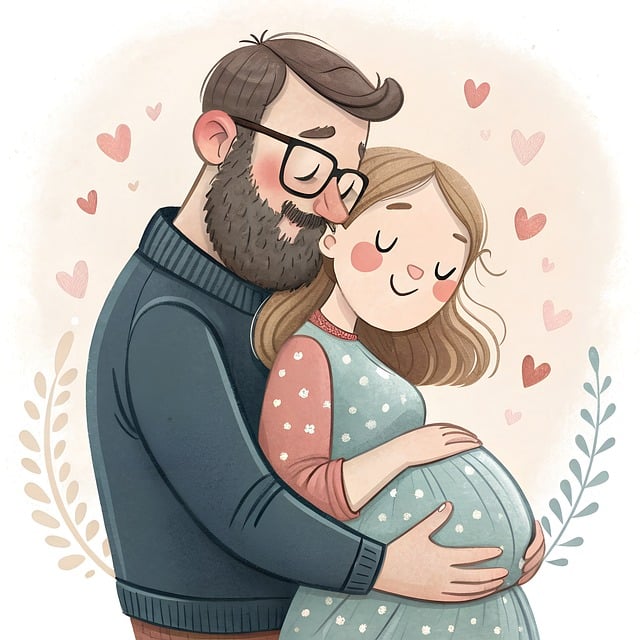Q.
Is there a link between genetics and fertility, especially regarding age?
A.
The aging process of a woman’s eggs is quite intricate. It appears that the eggs of mothers and daughters may age in a similar fashion, suggesting that some aspects of age-related infertility could have a genetic basis. While we don’t have conclusive studies on this, there is some evidence hinting that the ability to conceive at an older age might be inherited.
It’s well-known that menopause tends to run in families. On average, women reach menopause around age 49, but some experience it in their 20s or 30s, while others may not until their 50s or 60s. The most significant predictor of when a woman will hit menopause is actually her mother’s experience with it. In certain family groups, particularly those that are closely related, you might find a remarkable number of women who maintain their fertility into their late 40s.
However, not all factors affecting fertility in later years are genetic. Lifestyle choices, such as birth control usage and sexual activity, alongside medical conditions that impact the uterus and ovaries, also play critical roles. Many of these factors are influenced by personal choices and natural events, rather than genetics.
The relationship between genetic factors and fertility is complex, with many variables at play. Until more focused research is conducted to explore the heritability of later-life fertility, it’s tough to gauge how strong that genetic connection truly is. While it’s likely that genetics contributes in some way, it shouldn’t be something you rely on entirely.
If you’re curious to learn more on this topic, check out this blog post for additional insights. And for those looking to boost their fertility, you might find helpful information on fertility supplements that could enhance your journey. For a deeper dive into related topics, visiting this resource can provide you with valuable information about pregnancy and home insemination.
In summary, while there are indications that genetics may play a role in fertility and menopause, the situation is multifaceted with numerous factors influencing outcomes.

